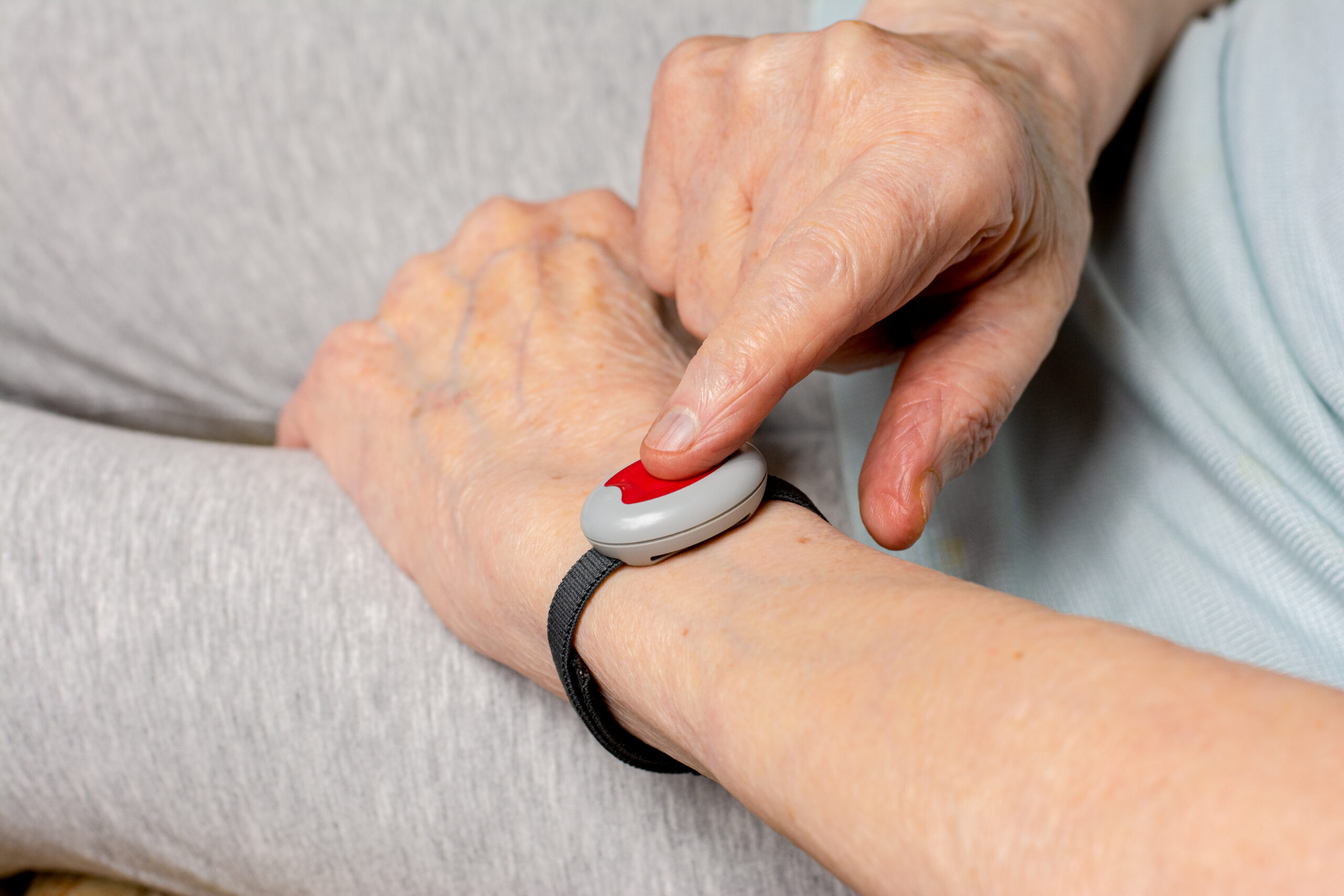It goes without saying that seniors are at higher risk of falls, accidents, and other medical problems as they grow older. The Centers for Disease Control and Prevention reports there are 36 million falls among older adults annually, resulting in more than 32,000 deaths. As such, it’s crucial that seniors have a way to connect to emergency services in the event of a crisis. This is where medical alert devices come in handy.
Medical alert devices can get seniors the help they need no matter where they are and when the medical incident occurs. You can shop for one of these devices easily with a search online.
Here are some of the best medical alert devices seniors will love.
Top Medical Alert Devices
Medical Care Alert
With 24/7 monitoring by EMT and EMD certified operators, seniors can rely on Medical Care Alert if a medical emergency occurs. The button is programmed to automatically detect falls. Plus, Medical Care Alert will contact your emergency notification list if and when emergency services are requested.
At around $1 per day, this service is quite affordable. Seniors can choose between a:
- Home Medical Alert System that covers the entire home, and;
- Home and Away Medical Alert System that uses GPS technology to cover wherever the senior goes.
MobileHelp
With both a home and mobile emergency service button to choose from, MobileHelp can provide help when and where you need it most. The button establishes a two-way communication with a MobileHelp operator who will evaluate the situation. They can request emergency services, as well as contact the emergency contacts listed on your profile.
Seniors can try MobileHelp risk-free for 30 days to see if this service is a right fit.
LifeFone
If you’re ever in trouble, LifeFone can connect you to a care agent to help you get the help you need. Seniors can press the personal help button located on their pendant, wristband, or wall-mounted help button. It sends a signal to LifeFone agents who will stay in contact with you until the medical emergency is over and you receive help.
Seniors can choose between various LifeFone products that include:
- At-Home and On-The-Go VIP X with optional fall detection;
- Voice-in-Pendent technology;
- At Home Landline;
- At Home Cellular, and;
- At-Home and On-The-Go response.
You can use LifeFone in another location simply by reactivating the system, which is great if you’re traveling or away from home for a period of time. Even better, the button is waterproof, which is essential in case the emergency occurs in the shower, bathtub, or elsewhere.
Bay Alarm Medical
Bay Alarm Medical offers some high tech gadgets that can give seniors help when they need it. This includes an SOS Smartwatch, GPS Help Button, and a home set up. Seniors can also opt for bundle plans that give them both home and mobile service at a discounted rate.
You can try Bay Alarm Medical for 30 days risk-free. The website breaks down its various alarm systems. This will help you decide on a setup that works best for your lifestyle and needs.
One Call Alert
For 20 years, One Call Alert has been continuously improving its medical alert and monitoring systems that seniors can count on. The company offers both mobile devices and in-home protection. Furthermore, seniors can purchase fall detection pendants that will immediately call for help if they are non-responsive or unable to click the button yourself.
How Much Do They Cost?
Since medical alert devices can potentially save your life, it seems like a worthwhile investment. Various companies offer products at different prices and will typically charge a monthly or annual rate.
Here is some general pricing information for popular medical alert systems:
- MobileHelp: $24.95 and up per month.
- Bay Alarm Medical: $21.95 and up per month.
- OneCallAlert: $19.95 and up per month.
- Medical Care Alert: $27.45 and up per month.
- LifeFone: $29.95 and up per month.
Are Medical Alarms Are Covered by Medicare?
Understanding what Medicare does and does not cover can be confusing, especially when it comes to medical alarms. Medicare Part B is usually the plan that would cover medical equipment. Unfortunately, these devices do not qualify for coverage and you will have to pay out-of-pocket. The good news is certain Medicare subscribers may qualify for some coverage.
If you’re enrolled in a Medicare Advantage plan or supplemental health plan, then you may be able to get help paying for a medical alarm. Some people may have an easier time getting coverage if they require the alarm for an ongoing medical condition. To find out if you’d qualify for coverage, look into your health plan or contact a Medicare representative.
Shop for Medical Alert Devices Online
If you or a loved one are a senior, then investing in a medical alert device is a smart decision. It guarantees that emergency services can be contacted no matter where they are and what time of day it is. Plus, seniors can feel more at ease and independent knowing that help is just one click of a button away if they need it.
There are plenty of medical alert devices to choose from. You can browse the different options and compare what each company has to offer. Keep in mind that products and pricing will differ from company to company. Find out if there is a free trial offer, so you can test the service before committing long term.



